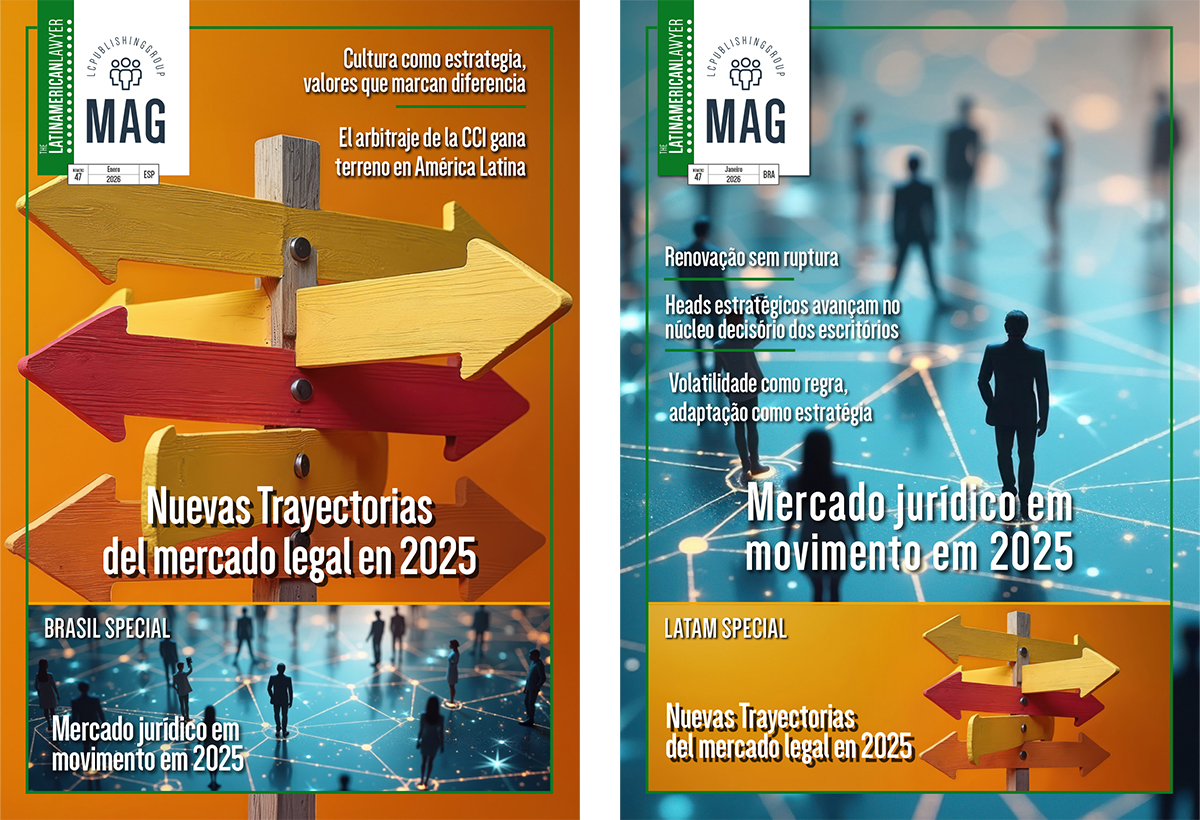Latin American legal profession urged to do more to tackle corruption
Only minority of clients insisting that law firms ‘certify anti-corruption compliance’, according to sources
Calls for the Latin American legal profession to take a tougher stance on tackling corruption have intensified in the light of recent research revealing that in-house lawyers at nine out of ten companies in Latin America say their companies are exposed to corruption risk. There is also anecdotal evidence that many clients are not taking steps to ensure that the law firms they use are compliant with regulations aimed at combating corruption.
Partners at law firms in the region, speaking anonymously to The Latin American Lawyer, said the legal profession is not doing enough to tackle corruption. One partner at a law firm with offices in Central America said that he believed a significant proportion of lawyers in the region would be “willing to participate in, or facilitate” international transactions that they recognised were corrupt.There are also indications that clients are not doing enough to ensure the law firms they use are complying with regulations aimed at tackling corruption. The partner at the Central American firm said that only around 30 to 40 per cent of his firm’s clients require that the firm must “certify anti-corruption compliance”. The source added that some jurisdictions in Central America have a lack of ethical guidelines for law practices.
Illicit payments
A recent survey by legal consulting firm AlixPartners found that general counsel at 90 per cent of companies operating in Latin America were exposed to the risk of corruption. Meanwhile, more than a third of companies surveyed believed they had lost business over the past year due to their competitors making illicit payments to governments to secure contracts.
Latin American businesses have been rattled by corruption scandals over the past couple of years, the largest of which involved Brazilian engineering and infrastructure conglomerate Odebrecht, which was found guilty in a US court in April 2017 of paying bribes to secure contracts across the region. In Brazil, Odebrecht and its petrochemicals subsidiary Braskem were found to have paid around $780 million in bribes to secure some 100 contracts in Argentina, Brazil, Colombia, Dominican Republic, Guatemala, Ecuador, Mexico, Panama, Peru and Venezuela, as well as in Portugal and Switzerland. The company was ordered to pay a $2.6 billion fine by a US federal judge, and subsequently banned from operating in various countries. It is currently being sued by the Colombian government over illicit payments to secure contracts. The reputational risk law firms face if they are embroiled in a scandal are immense. In one high profile example in 2016, the so-called ‘Panama Papers’ scandal involved a Panamanian law firm, Mossack Fonseca, and the leak of documents that revealed its involvement with clients seeking to evade tax and launder money. A Mexico-based legal market source told The Latin American Lawyer said they believed their firm had lost business to other law firms or individual lawyers who were willing to “make illicit payments to government officials on behalf of, or for the benefit of, foreign companies/investors”. The source added that less than a third of the firm’s clients stipulated that the firm should demonstrate compliance with the relevant anti-corruption regulations.















